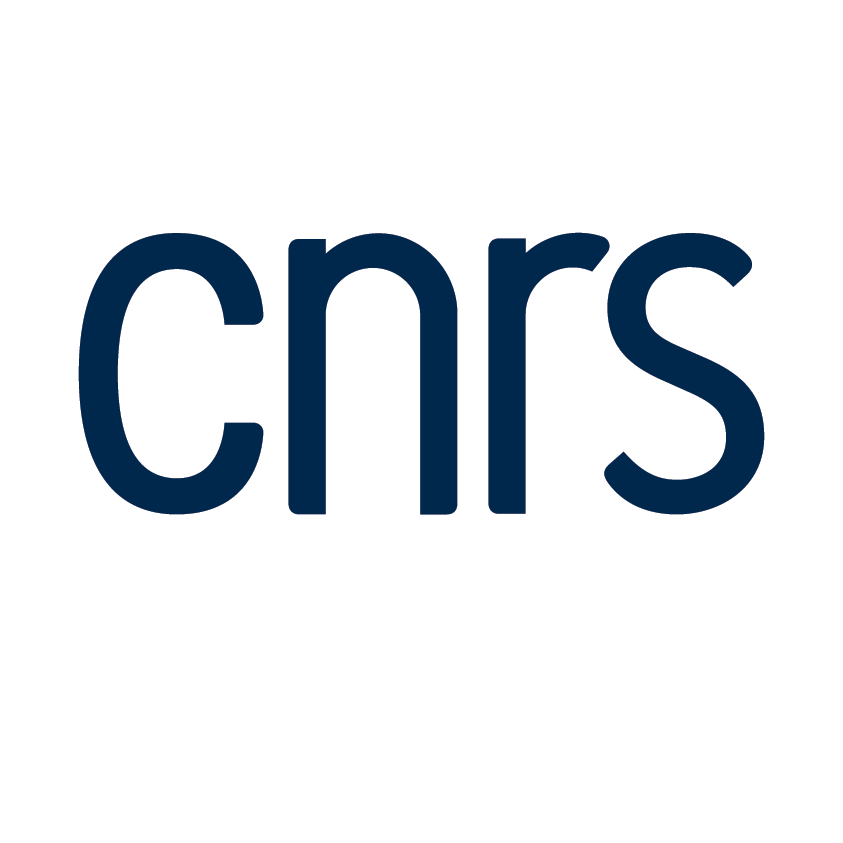Retour
Séminaire de Calcul Scientifique et Modélisation
Compressive sensing: Chasing information in shadows
George Tzagkarakis
salle Ada Lovelace (Inria)
le 09 mars 2017 à 14:00
In recent years, compressive sensing (CS) has attracted considerable attention in areas of applied mathematics, computer science, and electrical engineering by suggesting that it may be possible to surpass the traditional limits of sampling theory. CS is based on the fundamental fact that many natural signals can be represented using only a few non-zero coefficients in a suitable basis or dictionary. Nonlinear optimization can then enable accurate recovery of such signals from a highly reduced set of measurements. In this talk, we overview the basic theory underlying CS, and demonstrate its efficiency in emerging applications (e.g., medical image processing). Specifically, we focus on the key concepts of sparsity and other low-dimensional signal models, in order to treat the central question of how to accurately recover a high-dimensional signal from a small set of measurements, whilst providing performance guarantees for a variety of sparse recovery algorithms.




